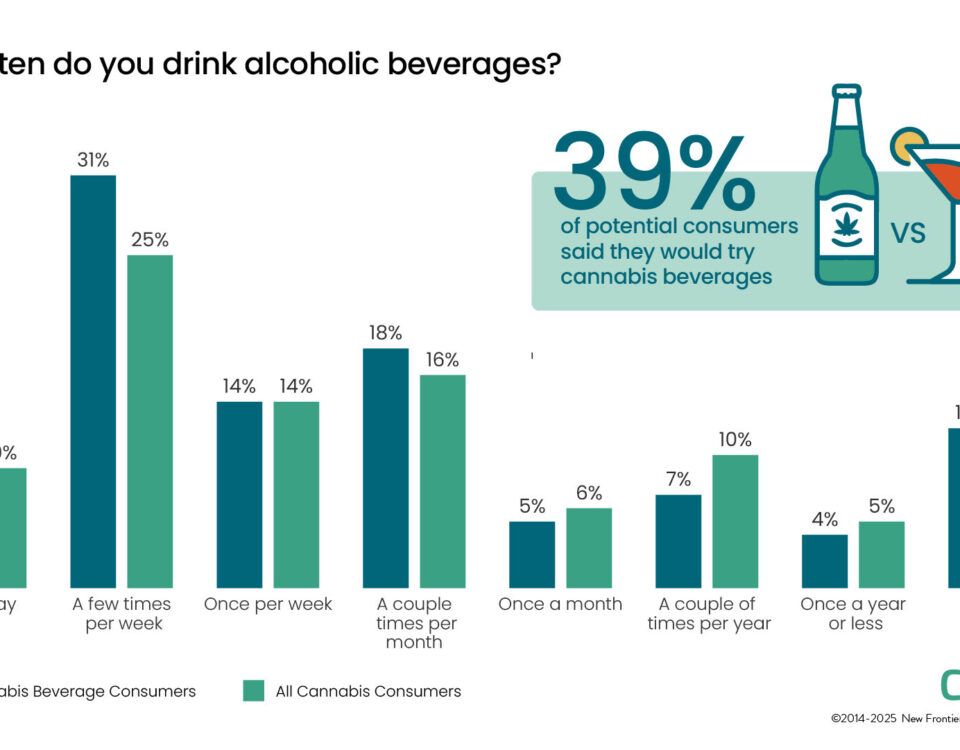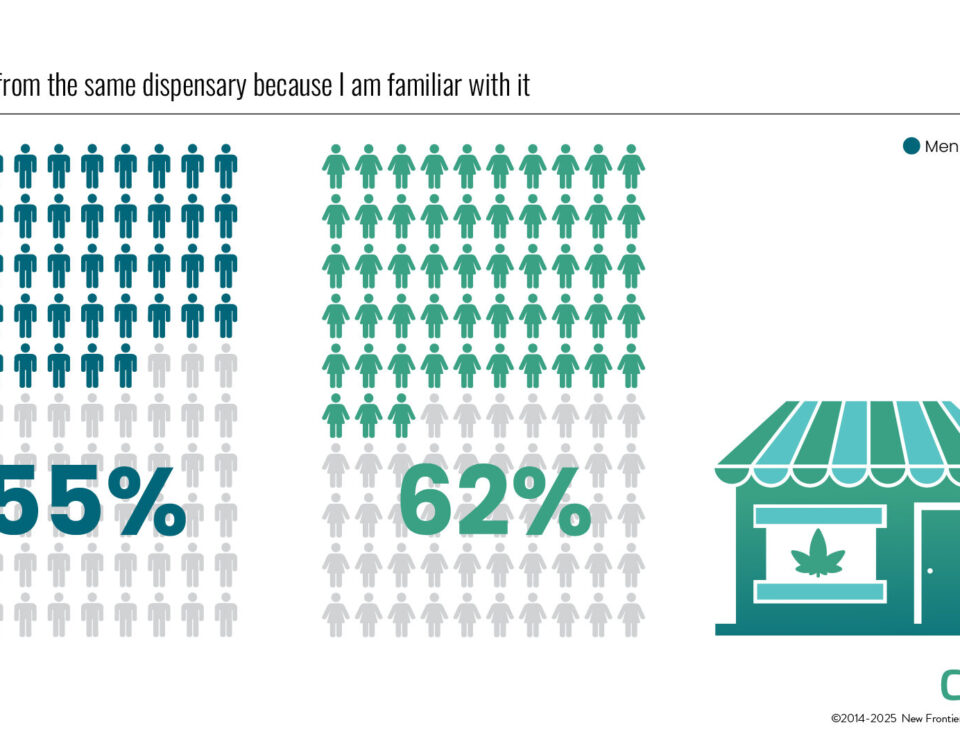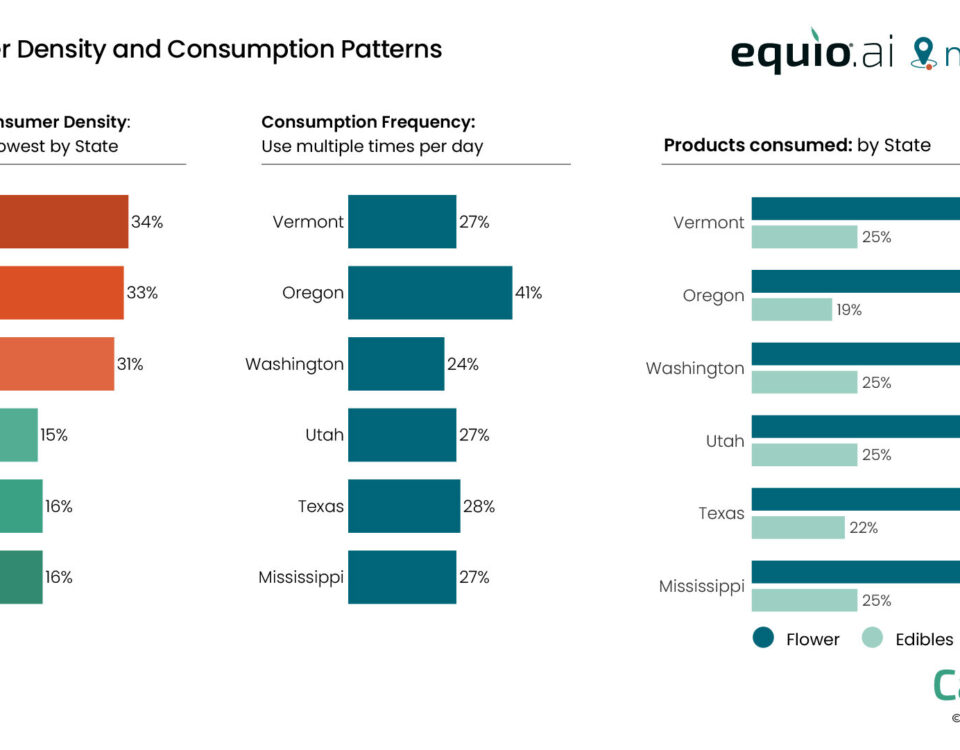Cannabis in America: The Tipping Point?

CannaClip: 2016 Massachusetts Legal Cannabis Market State Profile
December 17, 2016
Sessions Punts Cannabis Question on Capitol Hill
January 12, 2017By Robert T. Hoban, Esq.
The 2016 election presented controversial candidates, salacious issues, and perhaps even unexpected, results. The pre-election day hype seemed to focus on the circus-like environment surrounding the individual presidential candidates. However, a far more interesting political effort was simultaneously moving forward. This effort was well-organized, well-funded, principled; it involved the growing and very profitable United States cannabis industry. On Tuesday, November 8th, nine individual states presented their respective voters with questions about not just the legalization of cannabis, but the commercialization and regulation of this plant and its related intrastate marketplace.
Five of these nine states asked their voters to consider adult use (or, recreational use) ballot questions. Arizona, California, Maine, Massachusetts, and Nevada each included ballot measures where their voters were asked whether they wanted to allow for cannabis to be cultivated, processed, and made available for commercial sale to anyone over the age of twenty-one. These states sought to join, Colorado, Washington, Oregon, and Alaska as the only states in the nation to allow for the regulated over-the-counter, adult use commercial cannabis marketplace. Importantly, these ballot questions did not merely intend to decriminalize cannabis in these states, but they allowed for a robust commercial marketplace.
Four other states presented their voters with questions as to the medical use of cannabis. The ballot measures in Arkansas, North Dakota, Florida, and Montana sought to allow for a commercially regulated medicinal cannabis marketplace. These medicinal ballot measures differed in scope and extent, but nonetheless posed the fundamental question: Should ‘patients’ have access to lawful, regulated, commercial cannabis for a variety of specifically identified statutory medical conditions without criminal repercussions?
November 8th ultimately became an historic day, as eight of these nine states passed the above-described cannabis ballot initiatives. Arizona was the only state whose measure failed (51.9% to 48%). The net effect of this election is that now about 69 million people (accounting for more than 21 percent of the U.S. population) live in states where adult-use cannabis is legal. There is now a form of legal cannabis in each and every state on the eastern and western seaboards.
Many have said that this is the ‘tipping point’ for lawful state-regulated cannabis. This is especially true after the State of California—the world’s sixth largest economy—joined the mix. The legal cannabis market is expected to exceed $44 billion dollars by the year 2020, as a result of these election results; up from approximately a $7 billion dollar industry presently. To put that into perspective, this is no small industry considering that the National Football League is expected to generate $13.6 billion dollars in 2016. The related tax revenue and fiscal impact will now be positively felt in twenty-eight states; twenty-eight states which represent the overwhelming majority of the population of the United States.
But another thing happened on November 8th. Donald J. Trump won the Presidency. And both Houses of Congress are firmly in Republican control. While the individual freedoms, state rights-approach, and adverse fiscal impact of the failed drug war are all core republican issues, the forthcoming cannabis policy is uncertain. As a candidate, Trump had stated that this is indeed a states’-rights issue and that he would not interfere, accordingly. Moreover, the founder of PayPal, Peter Thiel, has an intimate role with the Trump Transition Team. In 2015, Thiel became the first ‘mainstream’ investor in the cannabis space by investing tens of millions of dollars into a cannabis company called Privateer Holdings. However, President-Elect Trump’s nomination for the U.S. Attorney General, Jeff Sessions, is a staunch opponent of cannabis.
While it certainly remains to be seen how the Trump Administration will treat the cannabis industry, it is a force to be reckoned with, as a well-regulated industry comprised of well-funded professionals who seek nothing more than to strictly comply with the relevant state law and to pay their fair share of taxes. In the event of a federal reversal on cannabis policy, the Trump Administration would appear to be putting itself in the position as enforcer of federal rights (versus supporter of states’ rights), and would also be eliminating tens-upon-tens of thousands of stable jobs across twenty-eight states. This would appear inapposite to the fundamental tenets of the Republican party. And it would force years of litigation concerning the topic of federal preemption; not to mention the fact that it will cost the federal government, and the individual state economies tens of millions of dollars. Stay tuned to see if we have in fact reached ‘the tipping point.’
Bob Hoban
Bob Hoban is the Managing Partner at The Hoban Law Group – The Nation’s Premier Cannabusiness Law Firm, www.Hoban.Law. And he is also a professor at the University of Denver in the Law and Society Program, Colorado Women’s College, and University College, and regularly instructs regarding cannabis (marijuana and hemp) related legal and policy topics.




